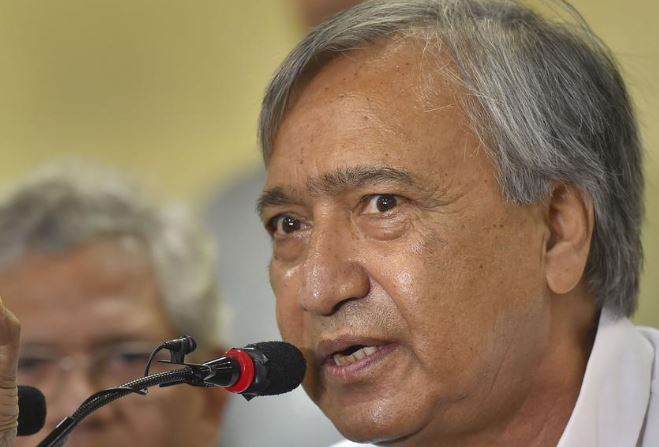The Communist Party of India (Marxist) leader, M.Y. Tarigami, has voiced grave concerns regarding the implementation of recently enacted criminal laws in India. He contends that these laws were hastily passed without due deliberation in an autocratic and undemocratic manner, bypassing the necessary parliamentary scrutiny.
Legislative Overreach Threatens Civil Liberties
Tarigami argues that the new laws, namely the Bharatiya Nyaya Sanhita, Bharatiya Nagarik Suraksha Sanhita, and the Bharatiya Sakshya Adhiniyam, which replace the Indian Penal Code, Code of Criminal Procedure, and Indian Evidence Act respectively, are excessively stringent and pose a significant threat to civil liberties. He emphasizes that these laws grant the state sweeping powers, potentially eroding the legal safeguards and liberties of Indian citizens.
Call for Thorough Review and Suspension of Implementation
Given the potential implications of these new laws, Tarigami calls for a comprehensive review and demands that their implementation be suspended until a thorough assessment is conducted. He believes that a detailed examination is necessary to ensure that the laws uphold the principles of justice, fairness, and democratic values.
Public Concerns and Criticisms of New Laws
The introduction of these new criminal laws has sparked widespread public concern and criticism. Critics argue that the laws were enacted without sufficient public consultation and debate, raising questions about their legitimacy and potential for misuse. There are also concerns that the laws may disproportionately impact marginalized communities and curtail freedom of expression.
Additional Concerns Raised by CPI(M) Leader
In addition to the concerns regarding the new criminal laws, Tarigami also addressed the issue of traffic disruptions on the national highway during the Amarnath Yatra, a Hindu pilgrimage. He urged the authorities to find a solution that minimizes the inconvenience caused to the local population while ensuring the smooth conduct of the pilgrimage.
Conclusion and Future Outlook
The implementation of the new criminal laws in India has ignited a significant debate about the balance between national security and individual liberties. The concerns raised by Tarigami and other critics highlight the need for a careful and considered approach to legal reforms. The future of these laws remains uncertain, as public pressure mounts for a thorough review and potential amendments to address the concerns raised.
Key Learnings
| Key Learning Points | Description |
|---|---|
| Concerns over New Criminal Laws | CPI(M) leader voices apprehension about new laws, calls them autocratic and undemocratic. |
| Threat to Civil Liberties | Laws seen as eroding legal safeguards and granting excessive powers to the state. |
| Call for Review and Suspension | Demand for thorough review and suspension of implementation until assessment is complete. |
| Public Concerns and Criticisms | Introduction of laws sparks widespread concern and criticism due to lack of public consultation. |
| Additional Concerns | Tarigami raises concerns about traffic disruptions during Amarnath Yatra. |
Soumya Smruti Sahoo is a seasoned journalist with extensive experience in both international and Indian news writing. With a sharp analytical mind and a dedication to uncovering the truth, Soumya has built a reputation for delivering in-depth, well-researched articles that provide readers with a clear understanding of complex global and domestic issues. Her work reflects a deep commitment to journalistic integrity, making her a trusted source for accurate and insightful news coverage.



